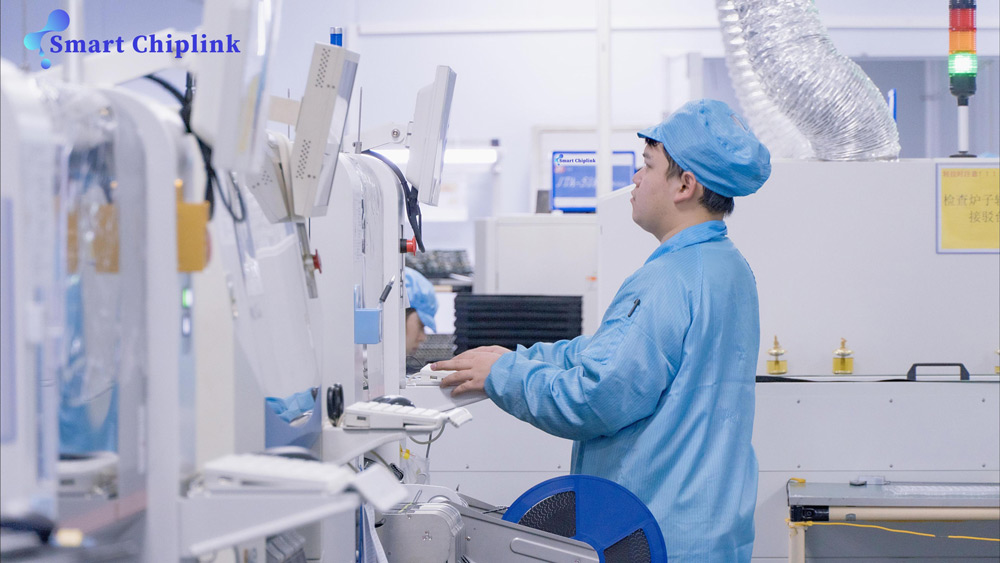Prototype PCB Assembly (prototype printed circuit board assembly) is an important link in the development process of electronic products. It refers to the production and assembly of small batches of circuit boards before the product is officially mass-produced to verify the feasibility, functionality and reliability of the design. This process usually includes design verification, functional testing and discovery of potential problems so that improvements can be made before formal production.
The core purpose of Prototype PCB Assembly is to obtain physical samples in the shortest time to help engineers quickly identify and fix problems in the design, thereby speeding up the time to market. This process usually involves circuit board design, component procurement, PCB manufacturing and final assembly and testing. Due to the small batch and short cycle requirements involved, prototype PCB assembly is usually completed by professional companies with fast response capabilities and high technical levels.
In recent years, with the rapid iteration of electronic products and the intensification of market competition, Prototype PCB Assembly has become increasingly important. Many companies have shortened the development cycle, reduced development costs, and improved the competitiveness of their products by optimizing this link. Especially in the rapidly developing fields such as the Internet of Things (IoT), consumer electronics and automotive electronics, the demand for Prototype PCB Assembly has shown a continuous growth trend.
Overall, Prototype PCB Assembly is not only a key step in the product development process, but also an important driving force for innovation and market success. By continuously improving this process, companies can respond to market demands more quickly and launch more competitive products.

 English
English




